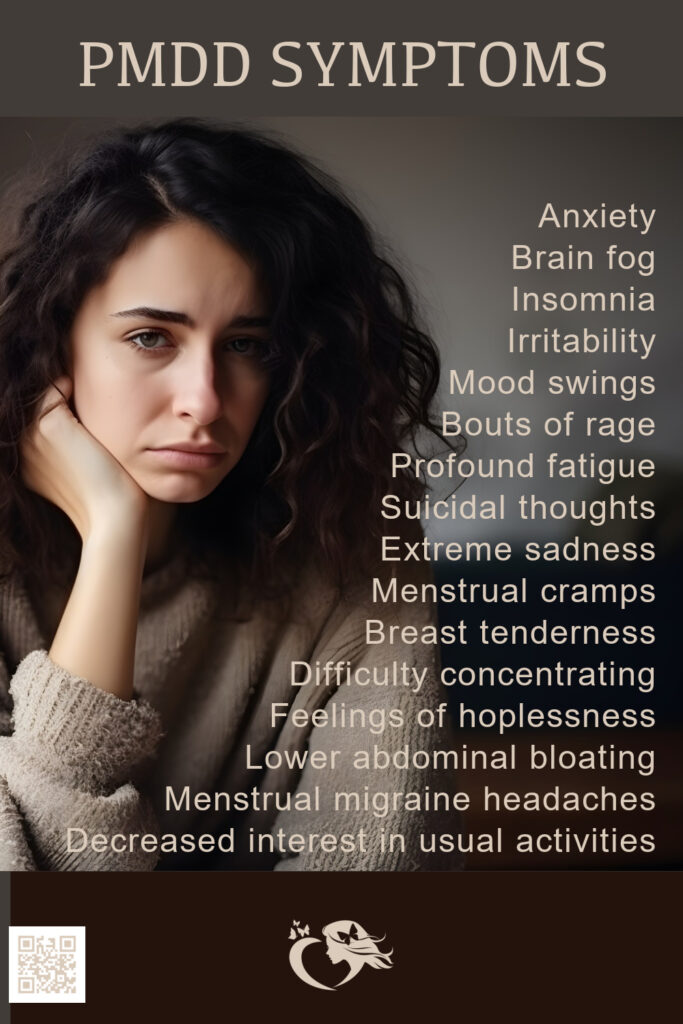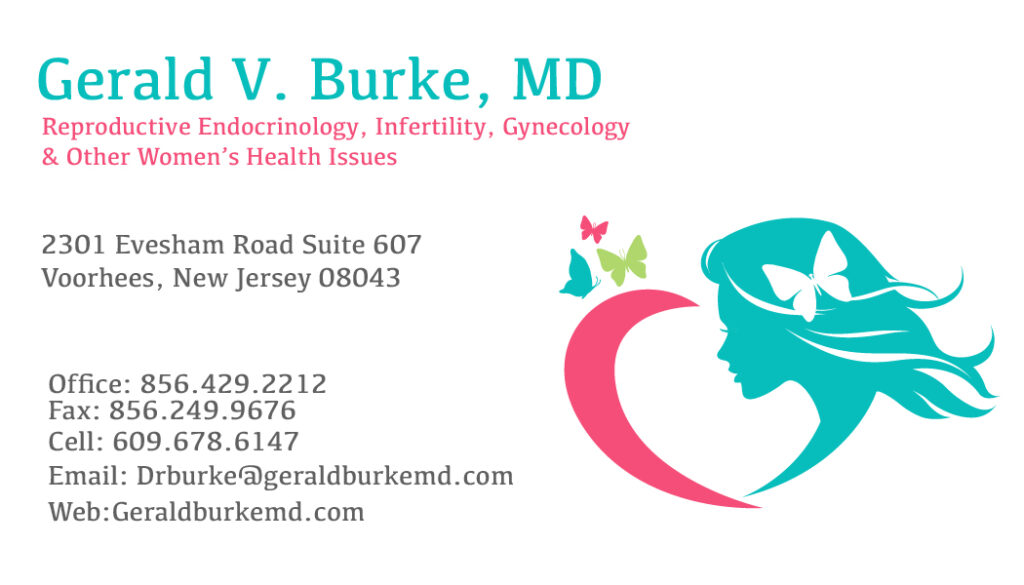PMDD
What Women (and All Men) Need To Know About PMDD
PMDD (Premenstrual Dysphoric Disorder) is one of the most misunderstood conditions in medicine.
What is PMDD?
True PMDD is a disabling emotional response that occurs in some women with exposure to the hormone progesterone. While not all women experience these emotions with the natural hormonal changes occurring during their menstrual cycle, some women do.
These emotional responses are frequently inappropriate and disruptive. The woman often realizes this at the time but can’t control her response. Frequently, she later regrets her actions. However, when she is experiencing and expressing her emotions, she feels completely justified in her response.
Who gets PMDD?
At some point during their reproductive years, 85% of women will experience fluctuations in emotions influenced by hormones, commonly known as Premenstrual Syndrome (PMS).
For most of these women this lability will be a controllable degree of anger, anxiety, or depression.
However, approximately 15% of women will experience a degree of anger, anxiety, and/or depression that interferes with her ability to conduct her normal activities of daily living. When severe, a woman can be non-functional and even suicidal during these periods.
What are the symptoms and signs of PMDD?
The symptoms and signs can be both physical and emotional.
The physical symptoms include
- breast tenderness
- lower abdominal bloating
- menstrual migraine headaches
- menstrual cramps
- profound fatigue
- brain fog
- insomnia
These are all secondary to a relative imbalance between estrogen and progesterone. These physical symptoms are easily treated.
The more challenging symptoms to treat are the emotional ones.
These symptoms include
- anger
- anxiety
- crying
- depression
- suicidal ideation
They are easily confused with psychiatric illnesses. Frequently women are misdiagnosed as having anxiety disorders, unilaterally depressed bipolar disorder and other forms of cyclic psychiatric disorders.
None of these are due to psychiatric illness and none of them respond to psychiatric medications. They are triggered by the hormonal changes in a woman’s menstrual cycle and must be treated hormonally.
Distinguishing PMDD from psychiatric disorders.
Successfully treating PMDD requires distinguishing PMDD from an underlying psychiatric disorder.
While the symptoms of PMDD and psychiatric disorders may be similar, effective treatments are quite different.
Making this determination can be as simple as charting the timing of symptoms or as difficult as extensive hormonal testing and manipulations.
However, effectively treating PMDD requires this distinction. PMDD treatments do not work for psychiatric disorders and psychiatric treatments do not work for PMDD.
Treating the wrong diagnosis assures a poor response. Women with PMDD are not crazy!
Can PMDD make an underlying psychiatric disorder worse?
Yes! Often, a woman with a treated psychiatric disorder will experience symptoms during the pre-menstrual and menstrual time. This is PMDD striking. PMDD defeats effective psychiatric care at these times. In this case, combined treatment by both the psychiatrist and a Reproductive Endocrinologist/Gynecologist skilled in the treatment of PMDD is required. This team approach to treatment assures optimal success.
Can PMDD be treated?
YES! Very effectively; in the right hands.
Successful treatment requires an accurate diagnosis and an individualized treatment plan for each patient. This requires a commitment of time and effort between a doctor skilled in the hormonal changes of a woman’s menstrual cycles and the patient. This results in unparalleled success for patients suffering with PMDD.
If you suffer from cyclic mood swings occurring around your menstrual cycle you may well be suffering from PMDD.
Do not hesitate and call now to schedule an appointment with Dr. Burke for an evaluation. Your new life is awaiting you.
Appointments
Call us at 856-429-2212
Additional articles you might find helpful…



